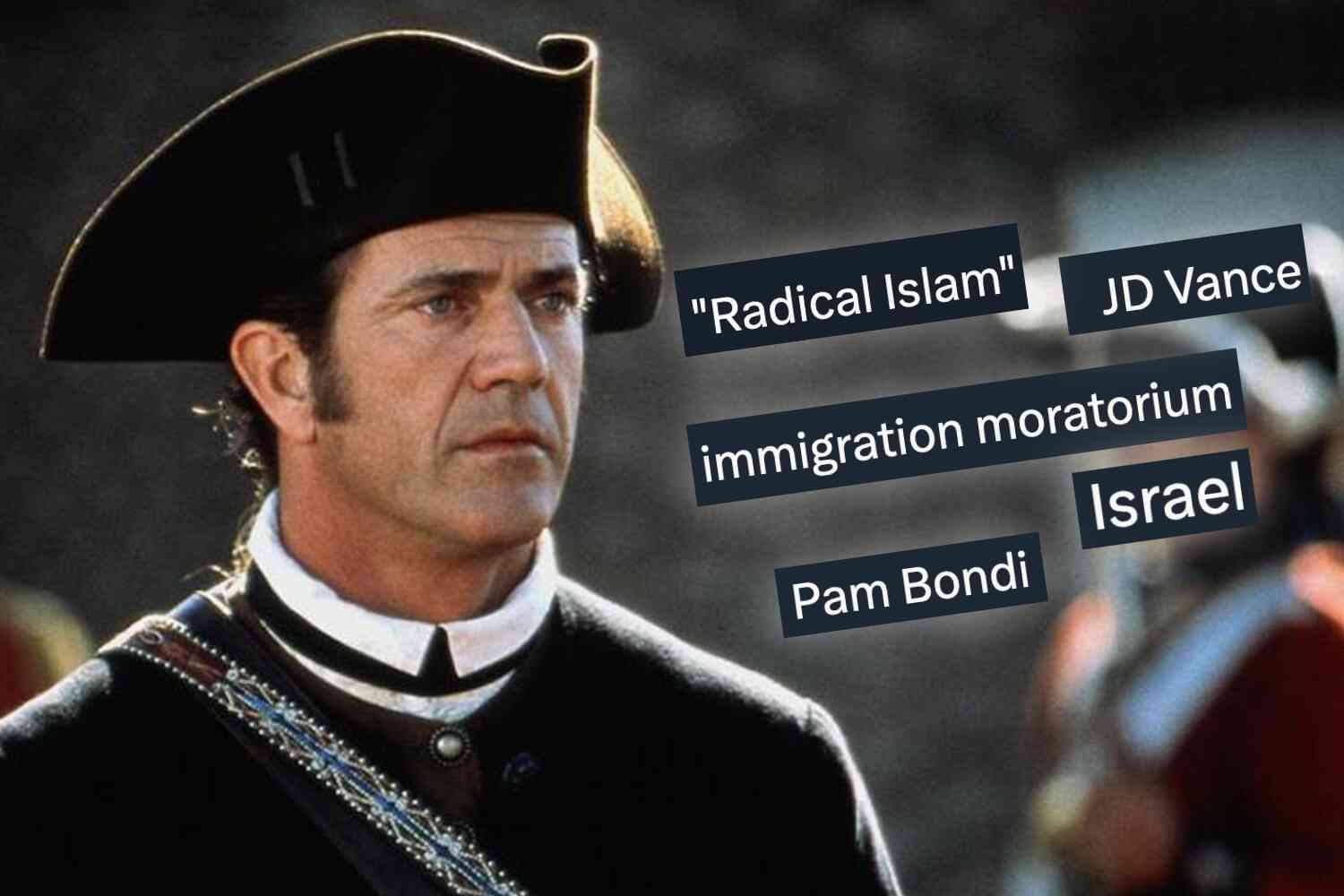Driving in the car, I was startled when my wife read to me a headline she came across while scrolling her phone: "William Shatner says he doesn't have long to live."
Now, as it turned out, Shatner's declaration was more benign than it was revealing some dire condition and imminent demise. The man best known for his role as Captain Kirk on Star Trek is now in his 90s, so even though he is in demonstrably good condition for that advanced age, he's already exceeded his life expectancy. Any observation that his time is short is fairly self-evident.
Shatner's comments came in an interview with Variety, as they previewed the release of his upcoming documentary, "You Can Call Me Bill." Personally, I'm not overly interested in watching the show and don't really care if anyone else is either. But I am extremely invested in making sure as many people as possible are exposed to the actor's hopeless perspective on the end of life.
For those who may not know, Shatner is a self-proclaimed animist. That is, he believes nature, animals, and living things all possess a unique spiritual essence in themselves. Every living thing is, for lack of a better term, its own "god."
For Christians, such theology sounds devastatingly familiar. From Genesis 3, where Satan whimpers the greatest lie ever told, promising Eve that in disobedience to her Creator mankind could "be like gods," to Romans 1, where Paul testifies against those who "exchanged the truth of God for a lie and worshiped and served created things rather than the Creator," William Shatner has chosen to walk that path. His end-of-life reflections are thus depressingly unsurprising.
People ask about a legacy. There's no legacy. Statues are torn down. Graveyards are ransacked. Headstones are knocked over. No one remembers anyone. Who remembers Danny Kaye or Cary Grant? They were great stars. But they're gone and no one cares. But what does live on, are good deeds.
All of that is 100% true if this life is all there is. If human existence is, as Shatner believes, indistinguishable from the life of plants and planets, comets and caterpillars, then the lasting impact any of us could even hope to have is breathtakingly minute, vanishingly insignificant in comparison to the relentless march of time and the inexhaustible coldness of space.
But there's another possibility that I hope all of us take this occasion to consider. If Jesus told us the truth, then everything changes.
Then my grandmother, who lived a far less headline-grabbing, award-winning, wealth-generating, fame-inducing life than William Shatner – but who did raise 3 children to know Jesus, who because of her investment raised her 5 grandchildren to know Jesus, who then are now raising her 9 great-grandchildren to know Jesus – has left an eternity-altering legacy through her faithfulness.
While I can admire someone like Shatner promoting the performance of "good deeds" done on behalf of your fellow man, there's an unmistakable hollowness to it all. With nothing waiting on the other side of death, what does it really matter? If there exists no ultimate justice, no reckoning for our mortal choices, why make any effort to do something good for another? Why even pretend that there exists something called "good" in the first place? Absent a transcendent, eternal justice, the concepts of good and bad are entirely personal, subjective, and irrelevant.
Here again, Christian thought not only offers a far more plausible and probable explanation for the realities around us, but it also presents a hope that doesn't depend on our meager efforts to do enough good deeds to leave a legacy for ourselves. It extends a salvation not based on what good we do, but is predicated entirely upon what has been done for us by the universe's ultimate Good.
Two years ago, William Shatner took his stunted conception of life and existence out into the cosmos aboard Jeff Bezos' Blue Origin New Shepard rocket. His words upon returning should startle even the most callous conscience:
It was among the strongest feelings of grief I have ever encountered. The contrast between the vicious coldness of space and the warm nurturing of Earth below filled me with overwhelming sadness… It filled me with dread. My trip to space was supposed to be a celebration; instead, it felt like a funeral.
To the man who, like Shatner, doesn't know the Creator through His Son Jesus Christ, this world is all there is, there's nothing but deep coldness beyond it, and therefore the thought of leaving it is ultimately agonizing. In short, he is living the only heaven he will ever know.
There is a better way. One that understands the beauty and warmth of this temporary, earthly creation pales in comparison to its Creator and the eternal home He is preparing. One that acknowledges that we all have a funeral coming, but for those in Christ, it will be the greatest of celebrations.
Disclaimer: The opinions expressed in this article are those of the author and do not necessarily reflect the opinions of Not the Bee or any of its affiliates.









